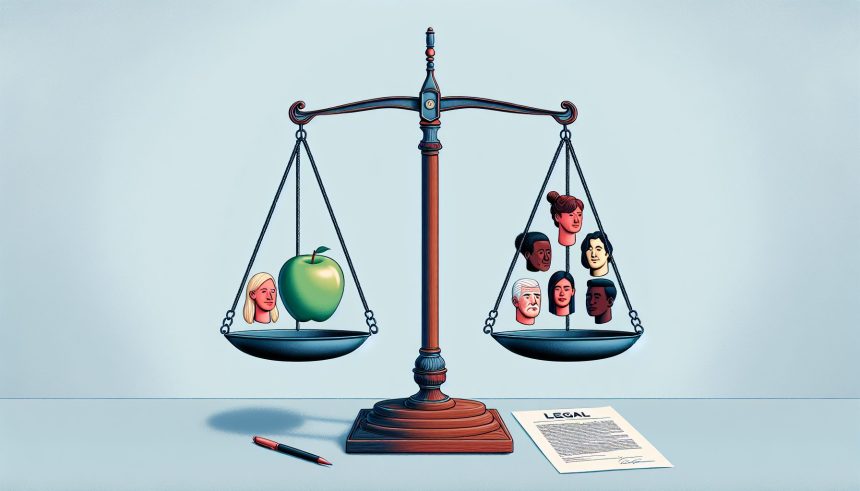Apple’s recent change in its App Store conduct guidelines, inspired by a ‘loyalty above all’ principle from the film ‘The Godfather,’ has stirred diverse reactions among developers and piqued interest among tech industry observers. The amendment signals Apple’s intent to foster stronger relationships with developers.
The App Store is vital for developers aiming to reach global iPhone and iPad users. The policy shift indicates a substantial change in Apple’s view of fairness within the app development industry, affecting both large and small developers potentially beneficially and detrimentally. However, this could compel developers to create new competitive strategies. It reaffirms that the App Store remains crucial for promoting and distributing apps to a million users.
Apple’s adherence to the new guidelines, likened to an imposing mob scenario, could stifle individuality and innovation. The directives aim to maintain organized operations, but may unintentionally suppress creativity—leading to probable workforce rifts. Yet, the firm’s emphasis on compliance is pivotal for stability in the competitive market.
Despite intentions to benefit developers and users, not all agree. Some developers view this as Apple’s attempt to control and dominate the mobile app market potentially hinder fair competition and innovation. Although the changes could enhance security and quality control, critics argue they could limit customer choice.
The ambiguity of the changes fosters unpredictability among developers. They will need to innovate and navigate new guidelines to thrive. Notwithstanding, these could be warnings against potential growth barriers within the industry.
Apple maintains that these measures will create a balanced, safe environment leading to improved quality applications and services. They also predict that the changes will inspire diverse apps to meet varied user needs. They promise unfailing support to developers navigating these changes.
The impact of the guidelines hinges on developers’ strategic adaptation. The guidelines might boost inventive methods for app production leading to unique user experiences. They could also streamline the submission process and enhance the development landscape, provided developers fully comprehend and adhere to them.
Apple’s new guidelines have stirred the app industry with uncertainties about whether this transition will be progressive or retrogressive. Many developers are voicing concerns about potential monopolistic tendencies. Others, notably Epic Games, have challenged these policies, igniting debates over perceived injustices.
Apple counters these debates by emphasizing stringent regulations’ necessity to ensure app security and quality. Despite the good intentions, critics argue that the policies limit economic opportunities for start-ups and small-scale businesses.
In conclusion, the question remains whether these disruptions will democratize the app marketplace or destabilize the ecosystem, compromising security and consumer trust. Time will reveal the unfolding of these disputes within the mobile application industry.







